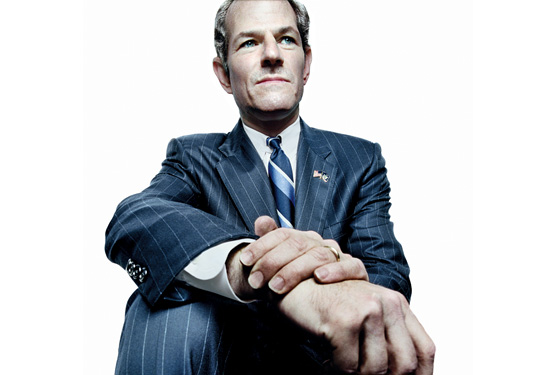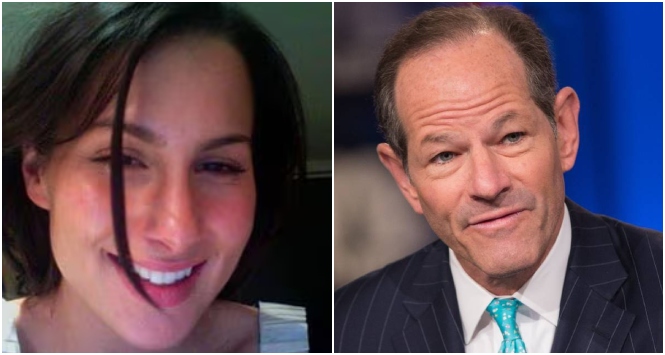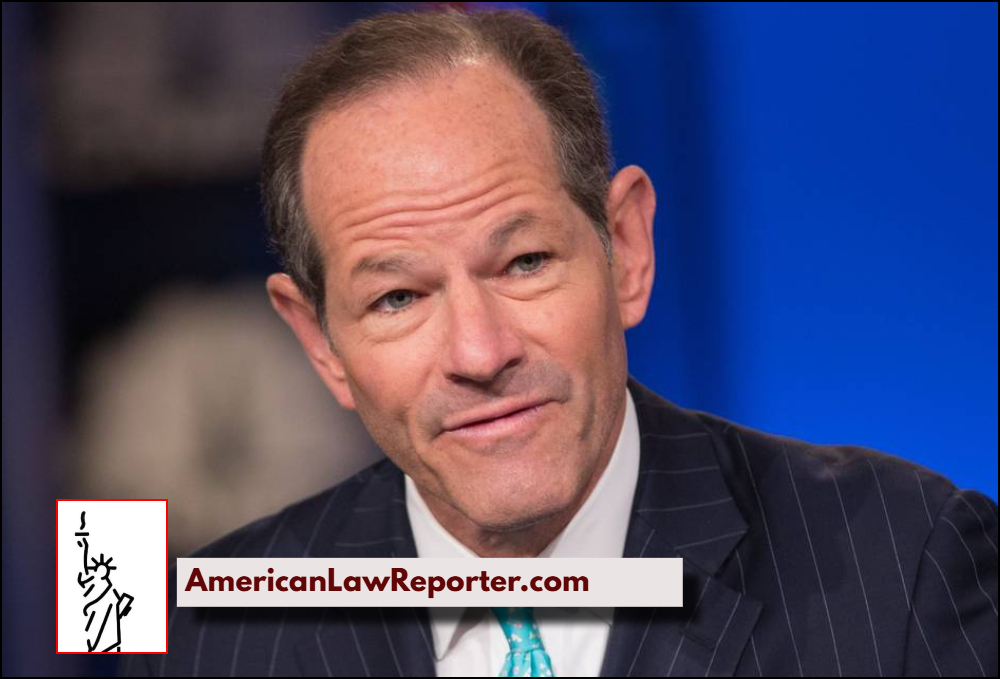Eliot Spitzer was once considered one of the brightest stars in American politics. As New York Attorney General, he earned the nickname “Sheriff of Wall Street” for taking on financial giants in high-profile white-collar crime cases.
His populist image and aggressive legal style made him a favorite among progressives and legal reformers alike.
But in 2008, Spitzer’s political career came to a screeching halt. A federal investigation into a prostitution ring, known as the “Emperors Club VIP,” revealed that Spitzer had been a regular client, paying thousands of dollars for high-end escorts while serving as Governor of New York.
The scandal exploded across the media landscape and quickly evolved into one of the most infamous political sex scandals in American history—leading to Spitzer’s resignation, potential criminal liability, and a sobering look at how even the most powerful figures can fall from grace.
Background: The Emperors Club VIP Investigation

In early 2008, federal investigators working a routine wiretap and money-laundering case stumbled upon suspicious transactions that led them to the Emperors Club VIP, a high-priced international prostitution ring. The agency involved was the Internal Revenue Service’s Criminal Investigation Division, working in coordination with the FBI and U.S. Attorney’s Office for the Southern District of New York.
What initially looked like a typical financial crimes case soon drew attention when the alias “Client 9” came up—one of the club’s most frequent and high-paying clients. Investigators traced the payments, travel records, and phone calls back to none other than Governor Eliot Spitzer.
Legal Dimensions: Did Spitzer Break the Law?

The central legal question was whether Spitzer had violated federal laws such as the Mann Act, which prohibits transporting individuals across state lines for “immoral purposes.” In Spitzer’s case, it was alleged that he had arranged for a sex worker to travel from New York to Washington, D.C. for a hotel meeting.
However, despite widespread media speculation and political fallout, Spitzer was never charged with a crime.
Why? According to legal analysts, prosecuting under the Mann Act is notoriously difficult without clear evidence of coercion or trafficking. Prosecutors also weighed whether the public interest would be served by bringing criminal charges against a sitting governor over a consensual, albeit illegal, transaction.
Still, the legal implications were far-reaching. Spitzer’s downfall ignited conversations around prosecutorial discretion, public integrity, and whether elected officials should be held to a higher standard of legal accountability.
Fallout and Resignation
On March 10, 2008, The New York Times broke the story publicly. Just two days later, facing mounting pressure and calls for impeachment, Spitzer resigned.
“I have disappointed and failed to live up to the standard I expected of myself,” Spitzer said in a brief, somber address. “To every New Yorker and to all those who believed in what I tried to stand for, I sincerely apologize.”
David Paterson, then-Lieutenant Governor, was sworn in as New York’s first Black governor.
The case had political ripple effects across the country. Once considered a future presidential candidate, Spitzer’s scandal was a cautionary tale of hubris, secrecy, and the perils of personal misconduct in public office.
Legal and Ethical Takeaways
This case became a flashpoint for several major legal and ethical debates:
- Privacy vs. Prosecution: Should private, consensual misconduct be subject to public prosecution when it involves elected officials?
- Prosecutorial Integrity: Spitzer had built his career on pursuing others for ethical lapses. Was it hypocritical—or even criminal—for him to engage in the same?
- Wiretap Authority: The investigation raised questions about the use of financial surveillance and wiretaps in non-terrorism-related cases.
In law schools and ethics seminars across the country, the Spitzer scandal is still dissected as a powerful example of the intersection between law, morality, and public accountability.
Conclusion: What Happens After the Fall?
Eliot Spitzer attempted a political comeback in 2013 when he ran for New York City Comptroller—but he was defeated. Since then, he has remained largely out of the public eye, occasionally appearing in media as a commentator on legal and financial matters.
The “Client 9” saga may now feel like history, but it continues to inform the public’s understanding of legal consequences, power dynamics, and the enduring truth that no one is above the law.

